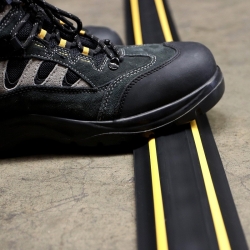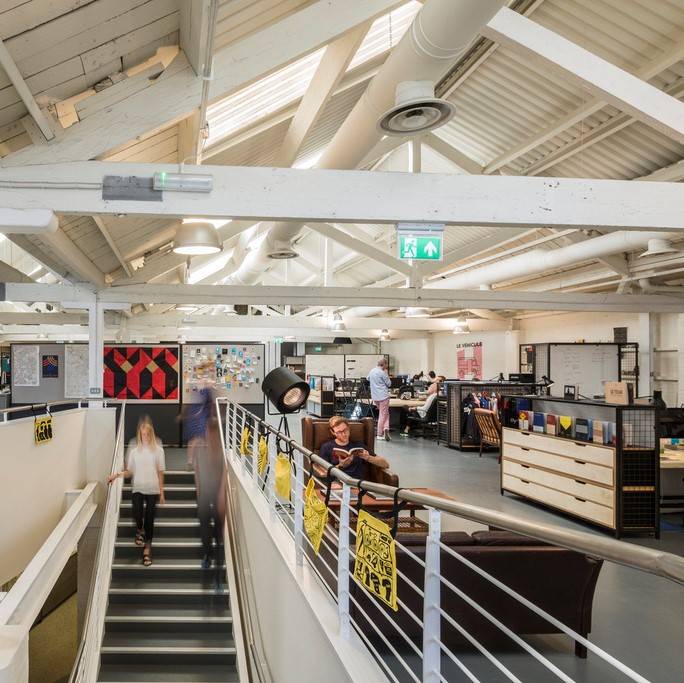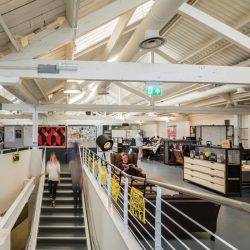To provide the best experiences, we use technologies like cookies to store and/or access device information. Consenting to these technologies will allow us to process data such as browsing behaviour or unique IDs on this site. Not consenting or withdrawing consent, may adversely affect certain features and functions.
The technical storage or access is strictly necessary for the legitimate purpose of enabling the use of a specific service explicitly requested by the subscriber or user, or for the sole purpose of carrying out the transmission of a communication over an electronic communications network.
The technical storage or access is necessary for the legitimate purpose of storing preferences that are not requested by the subscriber or user.
The technical storage or access that is used exclusively for statistical purposes.
The technical storage or access that is used exclusively for anonymous statistical purposes. Without a subpoena, voluntary compliance on the part of your Internet Service Provider, or additional records from a third party, information stored or retrieved for this purpose alone cannot usually be used to identify you.
The technical storage or access is required to create user profiles to send advertising, or to track the user on a website or across several websites for similar marketing purposes.
 Just 32 percent of UK office workers feel as though they completely belong within their company, despite this being essential in order for employees to feel motivated and loyal, according to new research. Over a third claim they have no bond with their employer at all. (more…)
Just 32 percent of UK office workers feel as though they completely belong within their company, despite this being essential in order for employees to feel motivated and loyal, according to new research. Over a third claim they have no bond with their employer at all. (more…)






 The role played by HR teams during the Coronavirus crisis has thrust the function into the spotlight and demonstrated the importance of an effective people strategy. That’s according to new research from
The role played by HR teams during the Coronavirus crisis has thrust the function into the spotlight and demonstrated the importance of an effective people strategy. That’s according to new research from 


 Over a third (36 percent) of UK businesses believe that implementing new health and safety measures in accordance with the Government’s recently published guidelines are the biggest challenge they face as lockdown eases and they attempt to return to the workplace, according to new research conducted by the UK law firm,
Over a third (36 percent) of UK businesses believe that implementing new health and safety measures in accordance with the Government’s recently published guidelines are the biggest challenge they face as lockdown eases and they attempt to return to the workplace, according to new research conducted by the UK law firm, 





















June 12, 2020
Building a culture of trust has never been more important
by Jonathan Richards • Comment, Workplace